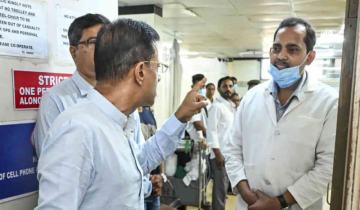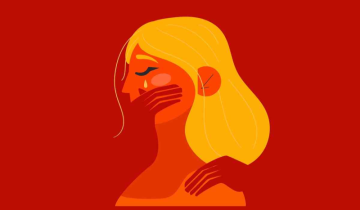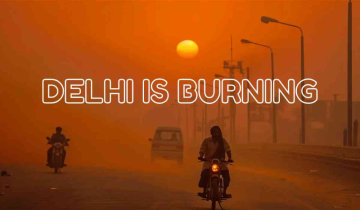Whenever a tragic crime happens—whether it is a murder, assault, or any form of violence—it naturally shocks and angers society. People want answers, justice, and sometimes, they look for someone or some group to blame. But the problem arises when this blame is cast broadly on an entire gender, community, or social group based on the actions of a few individuals. This kind of generalization is not only unfair but also harmful to social harmony and progress.
_1749532054.png)
Take, for example, the recent case involving a couple on their honeymoon in Meghalaya. The crime was horrific and must be condemned in the strongest terms. The individuals responsible should face the full force of the law. However, what followed was a wave of misogynistic comments and sweeping judgments against all women, fueled by some men’s rights activists and certain media outlets. This reaction is deeply troubling for several reasons.
- It ignores the reality that crimes happen across all sections of society and that victims and perpetrators come from diverse backgrounds. When one crime is used to stereotype an entire gender, it erases the individuality of millions of innocent people and fosters mistrust and division. It also distracts from the real issue: ensuring justice and addressing the root causes of violence.
- The selective outrage shown by some groups reveals a double standard. While many men’s rights activists vocally condemn crimes when men are victims, they often remain silent or dismissive when women face violence. This inconsistency undermines the very cause of justice and equality they claim to support.
- Media portrayal plays a significant role in shaping public perception. Sensationalism and biased reporting can amplify negative stereotypes and create a distorted narrative. When the media focuses only on the “bad” side of a story or sensationalizes gender conflicts, it contributes to social polarization rather than understanding.

It is important to remember that justice should be individual and specific. Punishing or blaming an entire group for the actions of a few only breeds resentment and social unrest. Instead, society should focus on:
-
Holding the guilty accountable through fair legal processes.
-
Supporting victims with empathy and care.
-
Promoting education and awareness to prevent violence.
-
Encouraging balanced and responsible media reporting.
-
Fostering dialogue and understanding between communities.
We live in a diverse society where every person deserves respect and dignity regardless of gender, caste, religion, or background. When we allow hatred and stereotypes to guide our reactions, we weaken the very fabric of our society.

In conclusion, while it is natural to feel anger and demand justice after a crime, we must resist the urge to generalize blame. True justice and social progress come from fairness, empathy, and unity—not from division and prejudice. Let us learn to respond to tragedies with wisdom and compassion, ensuring a safer and more just society for all.
With inputs from agencies
Image Source: Multiple agencies
© Copyright 2025. All Rights Reserved Powered by Vygr Media.








